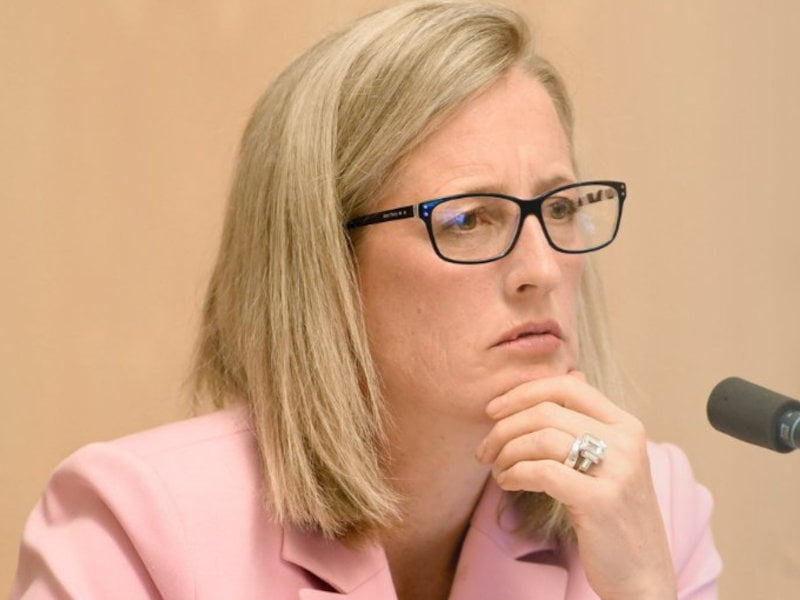Labor will introduce a bill requiring ministers to report when they approve grants rejected by their departments or when they award grants in their own electorates, in an effort to avoid “systemic rorting of public funds”.
Under the legislation to be introduced to the Senate, declarations would need to be made to the Finance Minister within 30 days, who would then need to table them to Parliament within five sitting days of receiving them.
The Opposition said the bill would bring more transparency to government spending.
“Labor will introduce a bill into the Senate to improve the transparency and accountability of ministerial decisions with grant programs that Scott Morrison is addicted to rorting,” Shadow Minister for Finance Katy Gallagher said Monday.
Labor also revealed it will establish an Independent National Anti-Corruption Commission if elected, promising to make the body transparent and powerful by operating as a standing Royal Commission into serious corruption.

The push for more transparency in federal spending follows a series of scandals involving the allocation of hundreds of millions of dollars of public money through several federal grant programs.
The programs have been exposed to show money is being directed to Coalition held, marginal or targeted electorates, often contrary to Department advice.
The latest involved funds from a $660 million commuter carpark fund being allocated based on Coalition MP or candidate advice, rather than merit. Labor has flagged an upcoming $800 million manufacturing program is open to similar rorting because the Prime Minister will have final approval on grants up to $200 million in the run up to the election.
Labor has sought a commitment from the Prime Minister to base his decisions on Department advice and publish it, but is yet to receive a response.
Senator Gallagher said the “abuse of public money” must end, and her planned bill would at least shine a brighter light on the behaviour.
“This will dramatically reduce the time Ministers are able to hide their dodgy decisions from the Australian community from 16 months down to just a couple of months,” she said.
“Labor shouldn’t have to introduce this bill but we have been left with no choice.”
On Monday, the Opposition also formally committed to establish an Independent National Anti-Corruption Commission should it win the next federal election, saying the watchdog would be far more robust that what has been proposed by the Coalition.
“It will have a broad jurisdiction to investigate and hold to account Commonwealth ministers, public servants, statutory office holders, government agencies, parliamentarians, personal staff of politicians and other Commonwealth public officials,” a joint-statement from Opposition leader Anthony Albanese and Shadow Attorney General Mark Dreyfus said.
“Labor’s National Anti-Corruption Commission will also be able to ‘follow the money’, meaning it can also investigate private individuals and companies involved in systemic and serious corruption by public officials.”
Labor’s planned Commission would be fundamentally different to the governments, they said, because under the Coalition plan the Commission would be unable to instigate its own inquiries into government corruption, be prevented from holding public hearings into politicians or public servants, and prevented from investigating past scandals.
Analysis of 40 recent political scandals earlier this month by The Guardian and the Centre for Public Integrity found all but two of the incidents would fall “well short” of the threshold to begin an investigation under the Coalition’s proposed anti-corruption commission.
Do you know more? Contact James Riley via Email.

